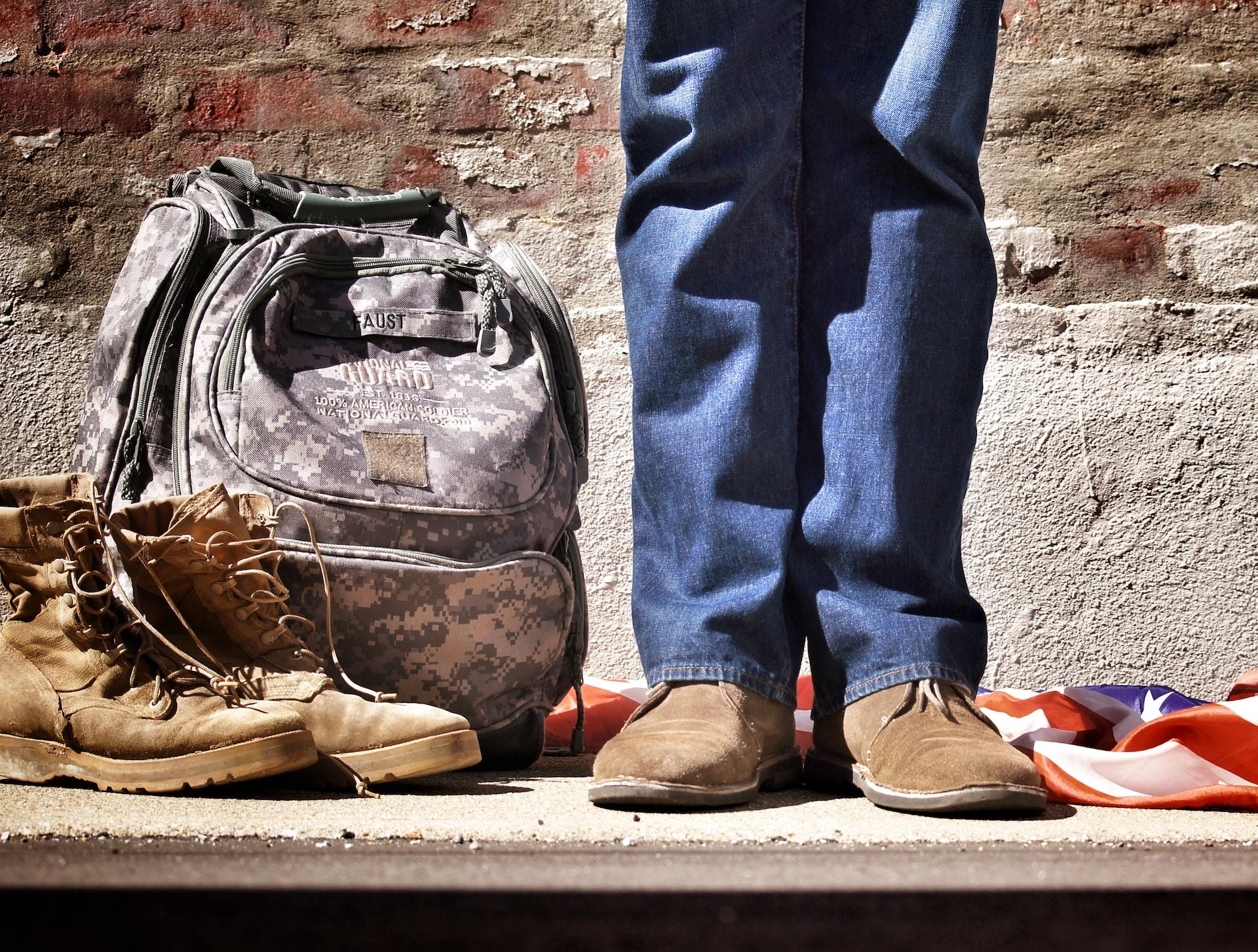Are you or a loved one missing out on unclaimed Veteran benefits?
Many Long Islanders have a family member who has proudly served in our military. Many of these Veterans are unaware of the benefits that may be available to them. Often times, family members and friends are the ones to convince Veterans to pursue benefits for themselves and their dependents. While many seniors seek assistance in maneuvering the complex world of government benefits and entitlements, most are not aware of the various all programs available to Veterans.
The differing requirements for each individual program, only adds to the confusion and the complications surrounding veterans assistance programs. Common requirements for access to programs include discharge status, war time service, pension status, disability rating and net worth. The first important document is a copy of the veterans DD-214 which is proof service. Veterans or the “next-of-kin” of deceased veterans can request a copy of the DD-214 and other military records.
Below are some of the programs available to assist veterans and their dependents.
- Aid and Attendance (A&A): Veterans and surviving spouses who require assistance with eating, bathing, dressing, medication dosing or other basic care needs may be eligible for A&A. This benefit is not dependent upon service related injuries, but is based upon financial means with income and asset limits. Those eligible receive a monthly allotment to help pay for care in the home, Nursing home or Assisted living facility.
- Housebound allowance: Veterans who are over the age of 65 and are substantially confined to the home due to disability can receive this benefit in addition to monthly pension. The VA does not require a veteran to be bedbound and eligible veterans can leave the home, with assistance, for medical care or rehabilitation.
- Disability compensation for service related injuries or diseases: Disability compensation is a monthly tax-free benefit paid to Veterans based upon a graduated disability scale from 10 percent to 100 percent. In order to be eligible a veteran must show that the disease or injury was incurred or aggravated during active military service, or arose later as a result of the veteran’s service. A veteran must offer medical evidence of a current physical or mental disability and must offer evidence of a relationship between the claimed disability and a specific injury, disease or event in military service.
- VA extended care: Veterans with a service connected disability rating (or combined disability ratings) of 70 percent or higher or a service-connected disability that’s clinically determined to require nursing home care may be provided with long-term nursing care. Eligible veterans may qualify for residence in a VA nursing home or if no VA nursing home is nearby the VA may pay for the veteran to reside in a nearby nursing home if that facility has a contract with the VA to provide care to veterans.
- VA burial allowance: The VA may reimburse some of the burial expense of an honorably discharged veteran paid if the veteran has not been reimbursed by another government agency or some other source.
- Death benefit dependency and indemnity compensation (DIC): This is a monthly benefit aid to an eligible surviving spouse of a veteran who either, died while on active duty; died as a result of a service-related injury or disease; or died as a result of a non-service related injury or disease and was receiving or was eligible for VA compensation.
- Death pension for veteran’s surviving spouse or unmarried child: The surviving spouse or dependent child of a veteran may be eligible for a death pension if the veteran was honorably discharged and served 90 days or more of active duty with at least one day during wartime. For veterans who enlisted after September 7, 1980 the veteran must have served 24 months instead of 90 days with at least one day of wartime service.
- Discharge status: Unfortunately many veterans who received other-than-honorable discharges often find themselves barred from government funded programs and many non-profit agencies. However, even if a veteran has received an ”other-than-honorable” discharge it is not a complete bar and they may still receive assistance and aid from various local programs
- Recent rule change to discharge status upgrades: In March of this year several veterans filed a lawsuit against the Defense Department alleging that discharge upgrade applications from veterans with claims and evidence of Post- traumatic stress syndrome (hereinafter “PTSD”) were wrongfully denied. In response Defense Secretary Chuck Hagel released a Sept. 3rd memo stating that veterans seeking a revised discharge may receive one if they can prove that they suffered from PTSD at the time of service, that the cause was related to military service and that the symptoms were a factor in the misconduct underlying the other-than-honorable discharge.
These are valuable benefits earned by our military men and women. If you know a Veteran in need, urge him or her to find out more about the assistance that may be available.
– Nancy Burner, Esq.





